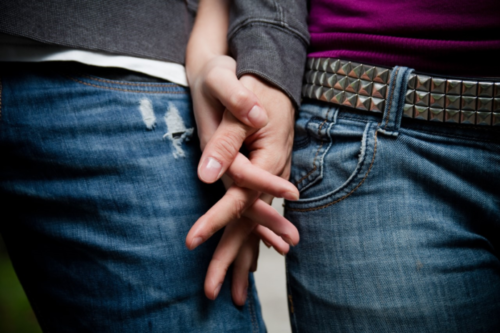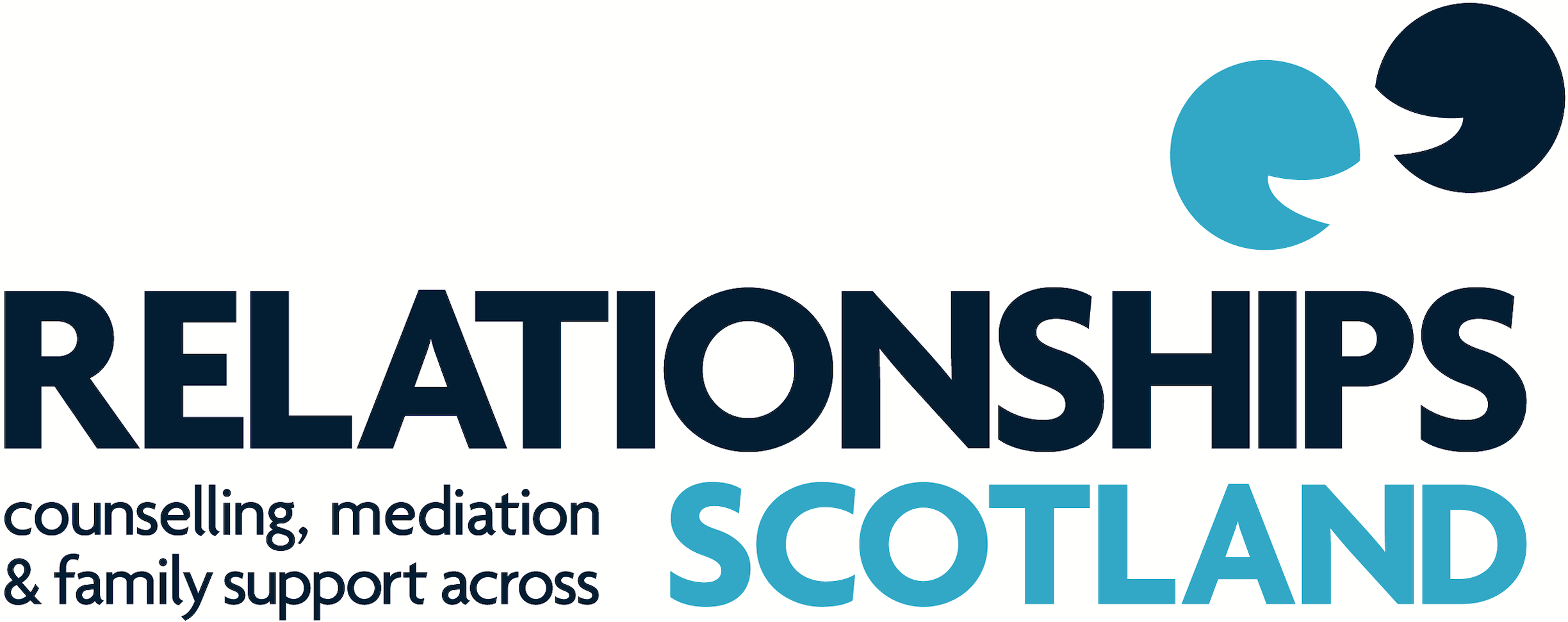
Try counselling to rescue your relationship – Mhairi Canning
As we approach almost a year of some degree of lockdown, the strain on our wellbeing and the impact on our relationships have never been more evident. How we usually operate as a couple has altered due to the circumstances. Our relationships in pre-COVID times consisted of a balance of time together and time apart. Now many of us are working and living in close proximity to our partners 24 hours a day, often coping with home schooling, money concerns and other external stressors. While some couples have flourished, enjoying the slower pace of life and the chance to spend more time together, the intense nature of this kind of living has brought others to a crisis point.
Working as a Relationship Counsellor on Zoom throughout lockdown, I am aware of a key theme emerging. Couples coming for counselling report that they are finding it difficult to reach resolution for the issues that arise between them, leading to an increase in conflict and in their ability to recover from that conflict. From my experience, it often becomes evident that many couples have never developed a mechanism for resolving the difficulties in their relationship, but rather were able to avoid conflict by using external activities to distract from their difficult feelings and relieve their stress. With these options not currently being available to them, they often find themselves stuck in circular arguments that seem to have no resolution. This constant conflict is what has driven them to come for counselling.
The role of counselling is to provide a space where couples can explore their difficulties with the help of their Counsellor and gain an understanding of how they have arrived at this place and what that means for them. This clarity can help them to discover what each of them needs to be able to move on positively together. For others, this may not be possible and they decide to separate.
Couples come for counselling looking for change, although they often feel that the change should occur in their partner’s behaviour and not their own! It is all too easy to feel that the other person is to blame for all that ails the relationship; however, a relationship is a dynamic and each person plays a part in how that dynamic plays out. The counselling process asks that each person examines themselves and what they are contributing to their current situation. Change can only occur if both are willing to acknowledge and accept the need for change in their own thinking and behaviour.
Good communication is key to successful relationships and when couples present for counselling this has often broken down. In conflict, couples tend to use accusatory language, each blaming the other for how they are feeling. Both focus on attempting to convince the other of how wrong he/she is and how right they are! With each person standing their ground, the arguing feels never ending. Through the counselling process they have the opportunity become more in touch with their own feelings and motives, then they can use this understanding to communicate more effectively with their partner. Using ‘I’ language to talk about a difficulty or to share how they are feeling and are affected by a situation reduces conflict, leads to better understanding and so to resolution. For example, ‘I didn’t feel included’ rather than the accusatory ‘you’ language – ‘Why did you block me out!’ Feeling understood allows a couple to feel closer and to begin to re-build their relationship.
If you are experiencing difficulties in your relationship, could now be the time to take the step towards resolution? To find out more about how counselling could help go to: www.relationships-scotland.org.uk or call the Info-Line on 0345 119 2020.
Mhairi Canning, Registration, Supervision and Counselling Practice Manager. Relationships Scotland
First published in the Scotsman on 18 March 2021
